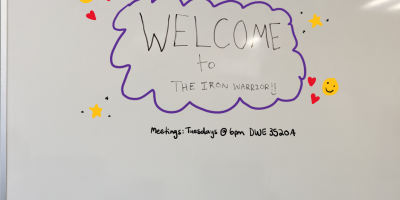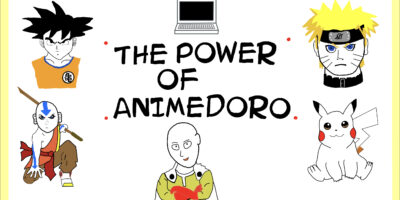On October 9th, two Taliban marksmen boarded a bus in the Swat district, Pakistan, and shot 14 year old Malala Yousafzai in the head. According to the Taliban, she was “guilty of obscenity” for standing up for the education of women. After the shooting, Yousafzai was flown to a hospital in England and an MRI scan revealed that although the bullet entered her skull, it did not damage vital parts of her brain. Since then, she has been responding well to treatment.
Yousafzai, who has been an activist since she was 11 years old, ran a blog for BBC Urdu describing the challenges she faced while trying to get an education. In a series of interviews gathered by Rohit Gandhi, she acknowledges that she was risking her life to speak out against the Taliban and refuses to step down. She sheds light onto the hardships she and other girls went through to go to school, including disguising themselves in house-dresses, and hiding their books in their shawls. Her goal is to study law, become a politician, and change Pakistan’s policies as well as resolve the political issues between India and Pakistan. Her tribute to equal education is admirable and is something we, as a global society, should all respect and strive for.
Education is recognized by the Universal Declaration of Human Rights as one of the primary, fundamental human rights. While this is a nice sentiment, the truth is that children in many countries do not have access to the education they deserve. Pakistan is a country with one of the worst accessibilities to basic education, but also has a further problem in that education between the sexes is not equal. This is due to a multitude of reasons, the first being the Pakistani government. There is a severe lack of access to free and mandatory education in Pakistan, which is reflected on the poor literacy rates of children in Pakistan (72% for males, 49% for females). If the government adhered to the international commitments to which they had already agreed, such as the World Declaration on Education for All (2000) and the Dakar Framework for Action, education for children in Pakistan would be significantly improved. The primary reason for gender inequality in education is due to cultural restrictions on females. Most girls are required to stay within the house, or if permitted to leave, must go with a male member of the family. Although these rules are intended for the protection of girls, they severely hinder their ability to access education.
Cultural restrictions and governmental policies towards education have been recently improving, but not fast enough. Malala Yousafzai is one of the few who realized the many problems related to educational equality in her country and had the personal strength and determination to make a change for the better. You, if you are reading this, are one of the very few, extraordinarily lucky students who have access to both equal and quality education. So, ask yourself this: how far would you go for education?







Leave a Reply